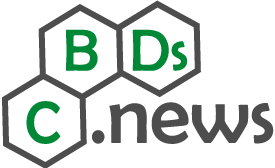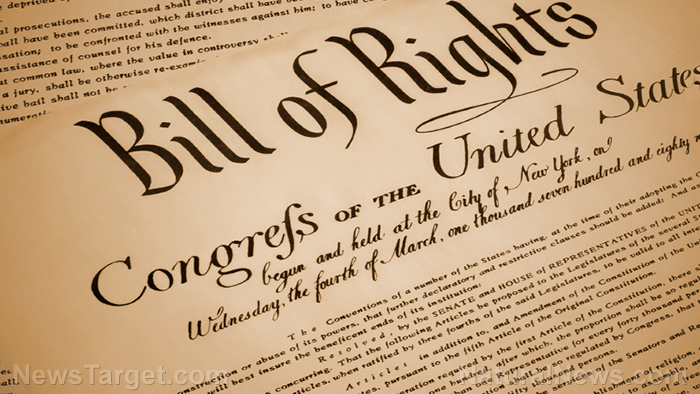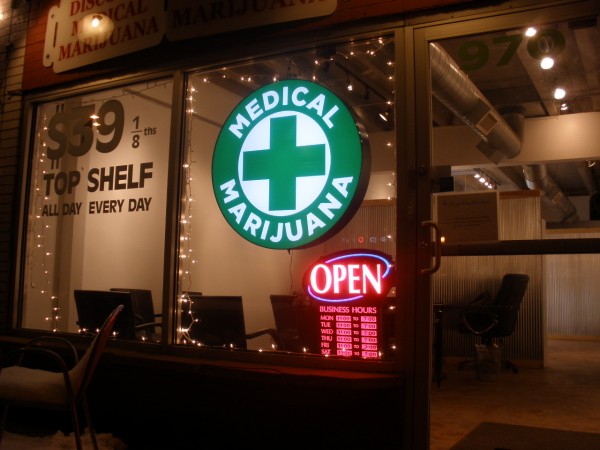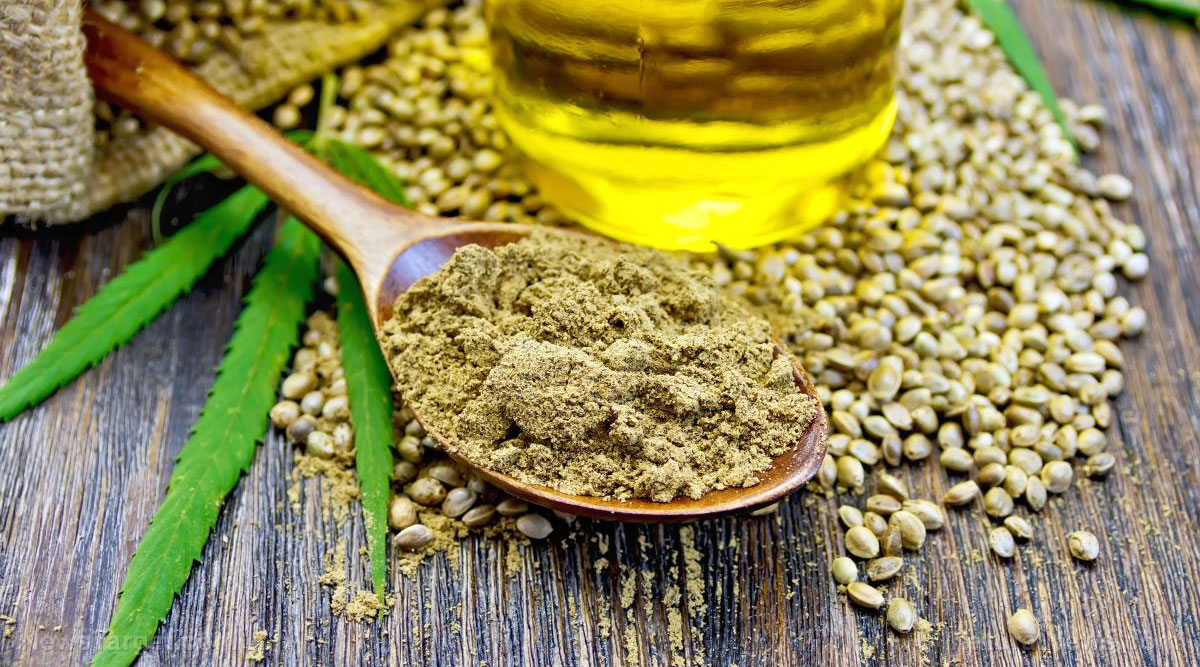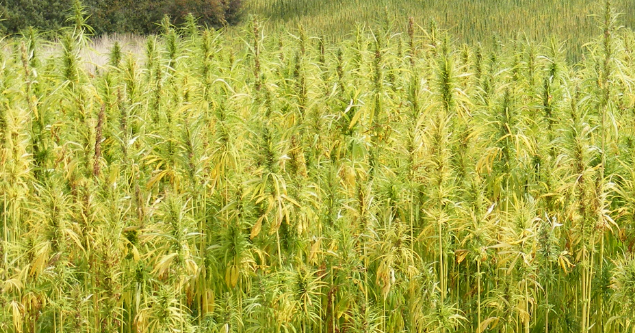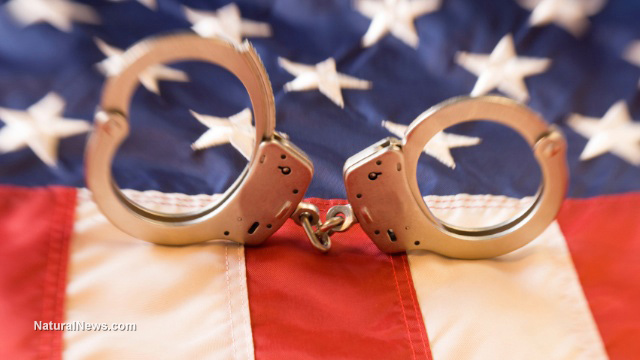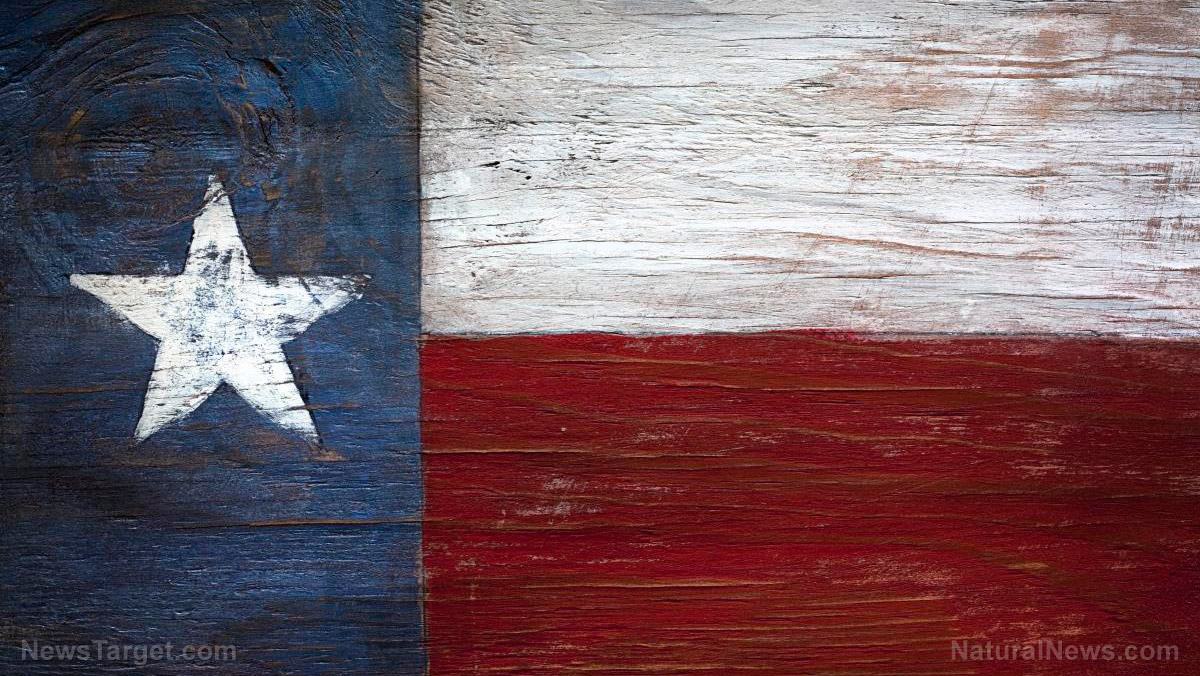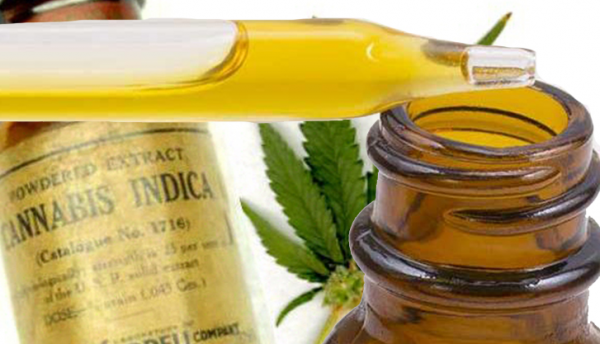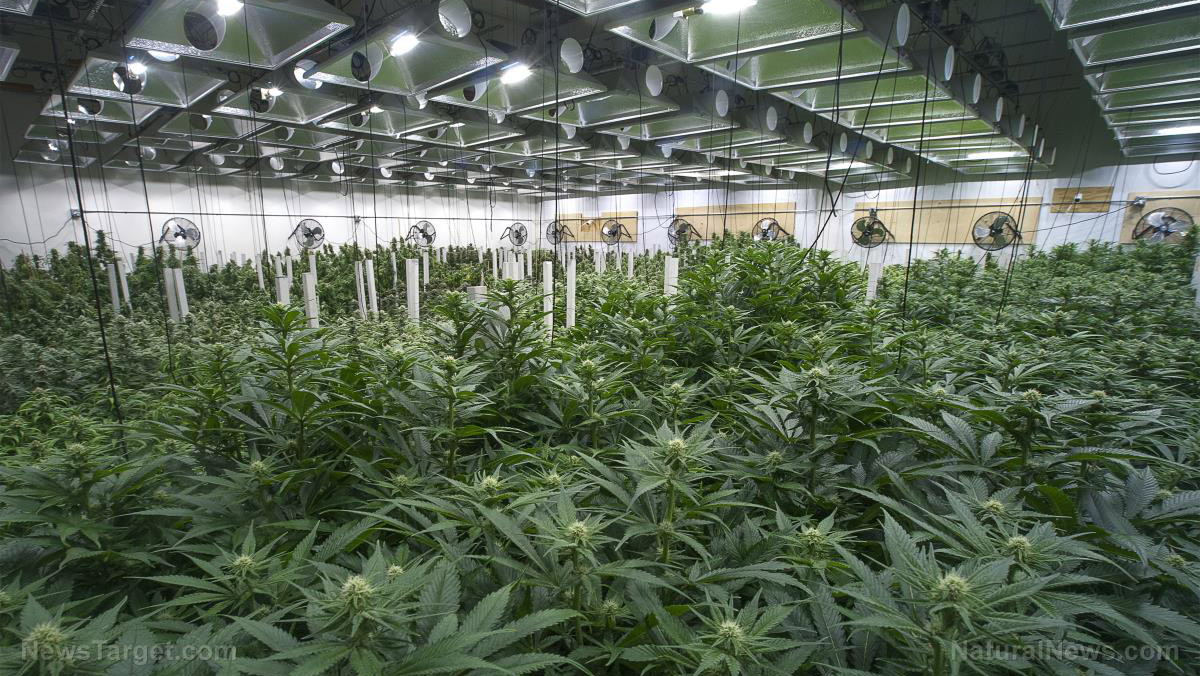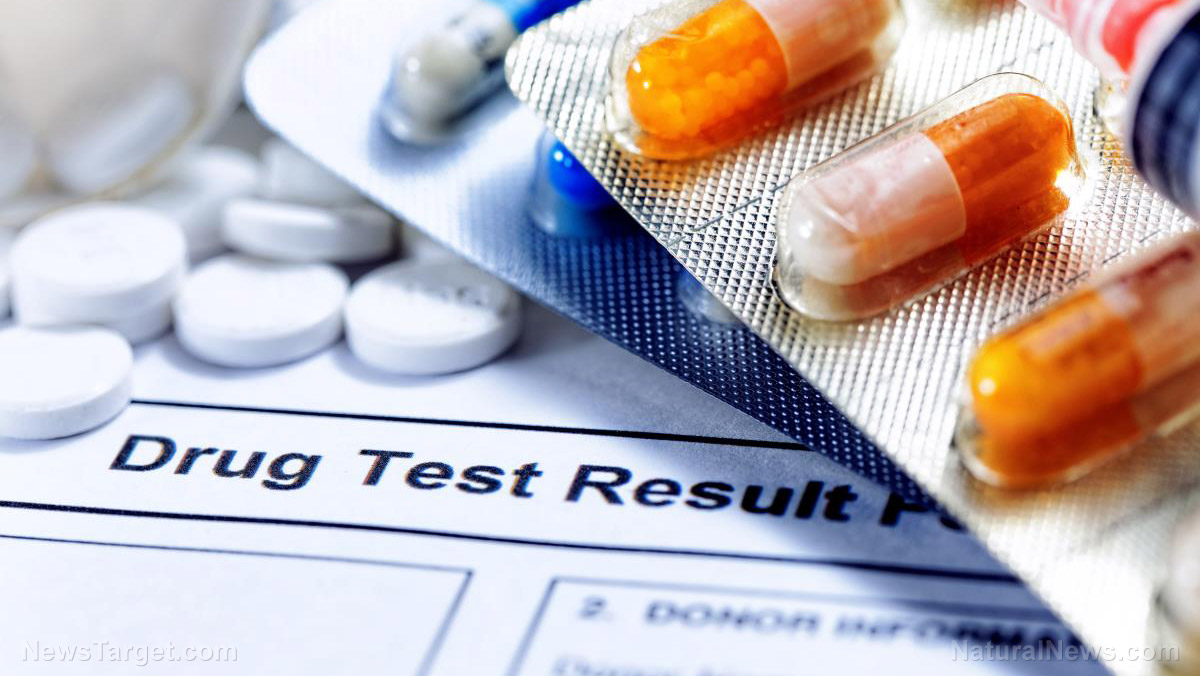Protecting its interests: FDA attacks CBD supplements to protect Big Pharma’s opioid profits
11/19/2017 / By Ethan Huff
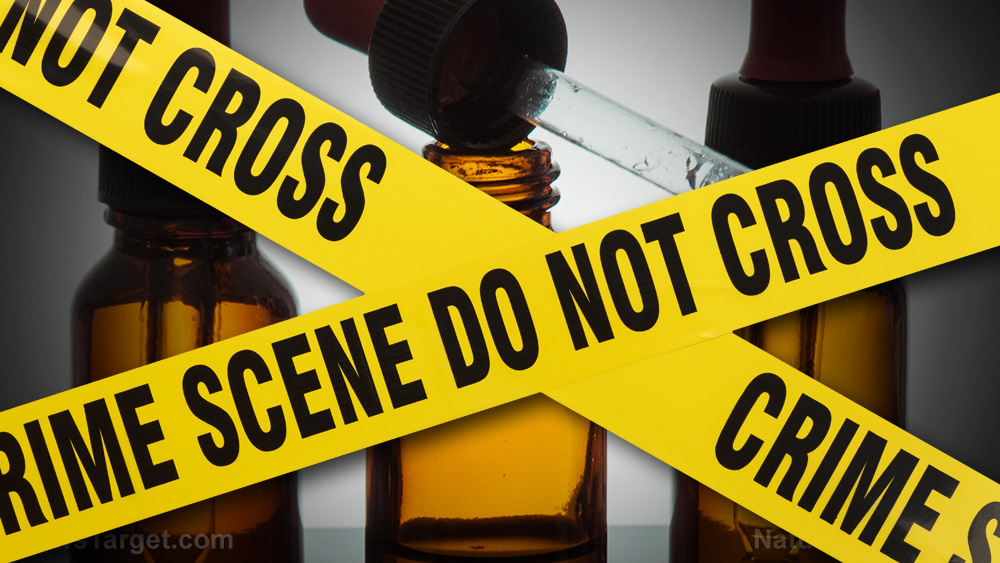
Big Pharma is working overtime to restrict consumer access to cannabidiol, or CBD, a non-psychoactive component of cannabis sativa (marijuana) that’s been shown to help relieve pain, muscle spasms, and other ailments. Using the U.S. Food and Drug Administration (FDA) as authoritative cover, the industry is quietly leading the charge to ban CBD from being used in dietary supplements, even though the substance is completely natural and offers numerous health benefits while causing no harmful side effects.
Just in the past several weeks, the FDA (on behalf of the legal drug cartel) has sent warning letters to four separate companies that currently sell dietary supplements containing CBD. Two of the companies, Stanley Brothers Social Enterprises and That’s Natural Marketing and Consulting, are located in Colorado. The other two, Natural Alchemist and Green Roads Health, are located in California and Florida, respectively.
All four companies sell natural CBD botanical products that, for all intents and purposes, directly compete with patented pharmaceutical offerings at the pharmacy. Because of this, the FDA is now trying to shut them (and anyone else selling CBD products) down under the guise of protecting “public health.” It also just so happens that a drug company known as GW Pharmaceuticals already sells two CBD-based “drugs” that have previously been subjected to the FDA’s expensive drug approval process.
The one is known as “Epidiolex,” and it’s currently marketed for children with epilepsy. The other is known as “Sativex,” and it’s marketed for use in treating spasms related to multiple sclerosis (MS) and chronic pain, including in patients undergoing conventional cancer treatments. GW Pharmaceuticals paid the FDA a lot of money in Investigational New Drug (IND) application fees to get these drugs on the market, while the four companies currently selling CBD dietary supplements who received warning letters from the FDA have had no financial interactions with the agency concerning their sale.
The FDA can ban anything it wants by calling whatever it wants to ban a ‘drug’
And that’s the kicker here: The FDA runs a tight ship when it comes to allowing only those products on the market from which the agency is able to extort a cut of the profits. If a pharmaceutical drug causes serious side effects or death, for instance, it’s a-okay as long as the company selling that drug previously paid off the FDA in the form of New Drug Application (NDA) fees. On the other hand, if a completely safe and natural product like CBD is helping millions of people, the FDA may still choose to ban it by declaring it to be a “drug” that needs to undergo official approval.
In the case of CBD, it’s a natural plant extract that does not require FDA approval in order to be sold. This means that it also doesn’t have to undergo expensive FDA approval in order to hit store shelves – a situation that time and time again for many different natural products has resulted in the FDA taking drastic and draconian action against suppliers who dare to sell people therapeutic plant botanicals without the FDA’s official blessing.
Because it works well and isn’t a drug, CBD has been in the crosshairs of the FDA for years. Back in 2016, the agency reportedly sent out 21 warning letters to companies selling CBD-based products advising them to stop. In 2015, the FDA sent out 15 letters of a similar tone. Though in the most recent batch of letters, the FDA decided to take an even more aggressive approach to the alleged “illegality” of CBD, which the FDA has erroneously dubbed a “drug.”
“It is a prohibited act under section 301(ll) of the Act (21 U.S.C. 331(ll)) to introduce or deliver for introduction into interstate commerce any food to which has been added a drug for which substantial clinical investigations have been instituted and for which the existence of such investigations has been made public, unless the drug was marketed in food before any substantial clinical investigations involving the drug were instituted,” reads the FDA’s statement in each of the letters.
“The existence of substantial clinical investigations regarding CBD has been made public. Based on available evidence, FDA has concluded that section 301(ll) prohibits the introduction into interstate commerce of any food to which CBD has been added.”
Follow more news on the healing power of cannabidiols at CBDs.news.
Sources for this article include:
Tagged Under: Big Pharma, cannabidiol, cannabis, CBD, drugs, FDA, marijuana, medical police state, totalitarianism
